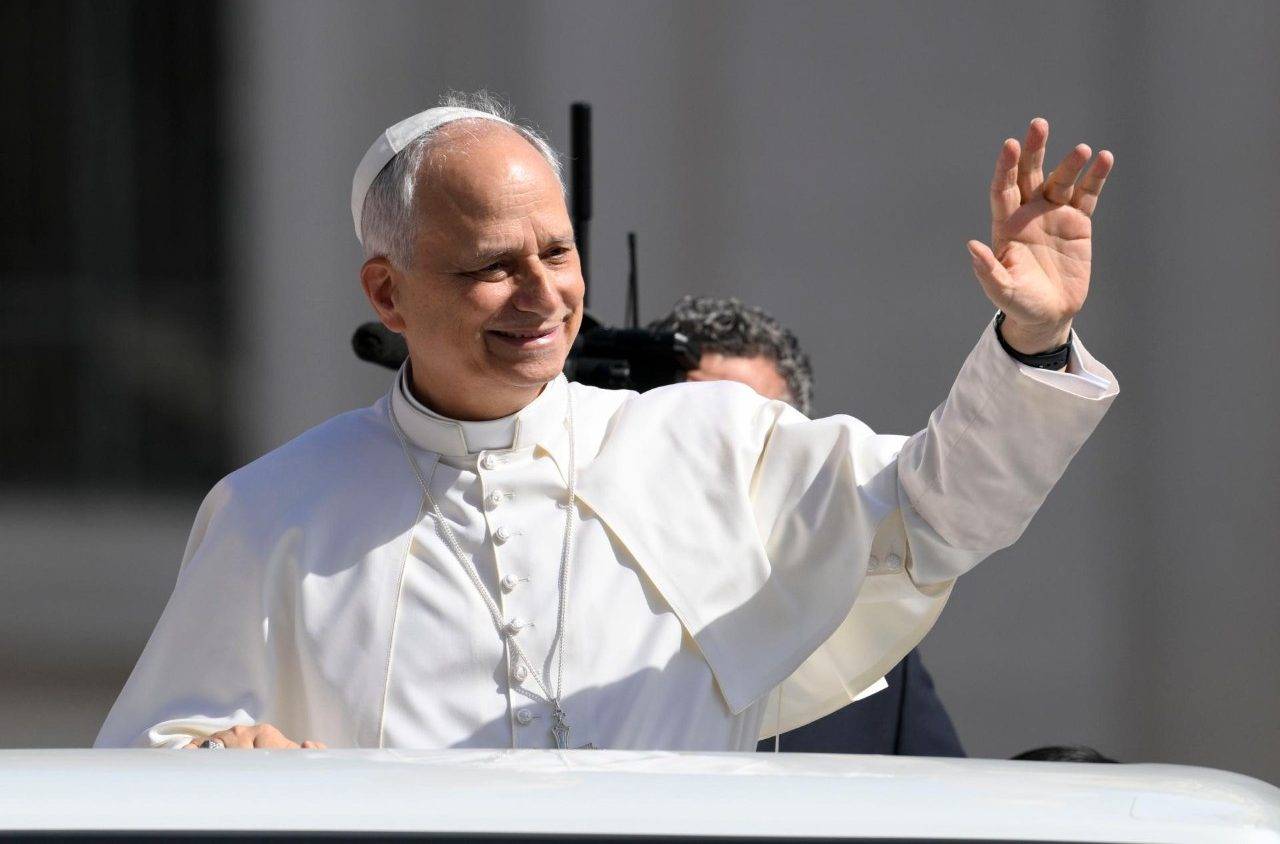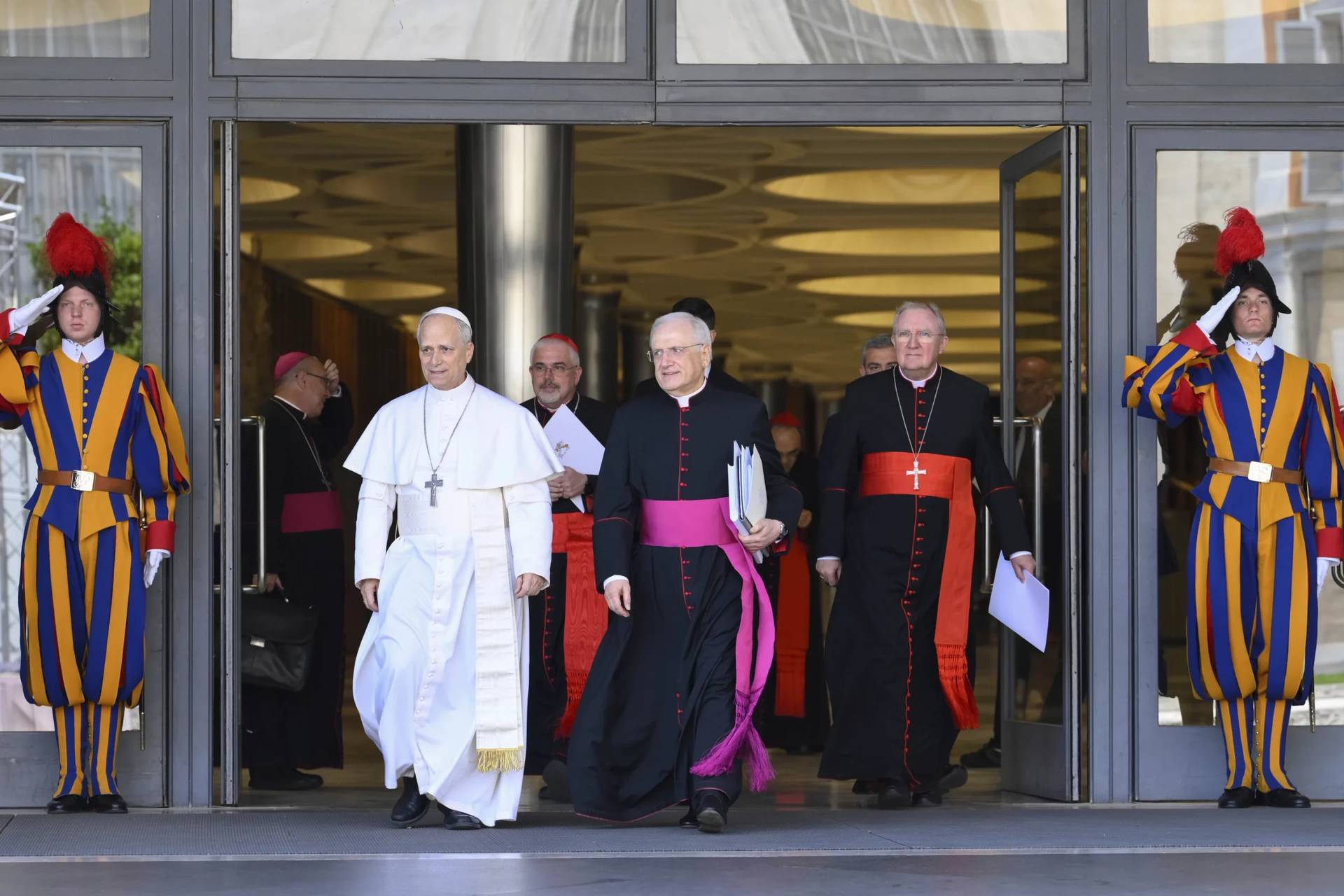As of December 12, the new Italian Prime Minister is Paolo Gentiloni, known as quello freddo, “the cold one.” He came to office after a referendum on changes to the constitution that brought down the previous government, and which was quickly dubbed, despite several important differences, “Italy’s Brexit.”
While it remains unclear whether he’s up to the task of repairing the badly fractured Italian political scene, he brings both a deep understanding of Catholic tradition and a family history of good relations with the Vatican to the job — no small assets in the pope’s own backyard.
Gentiloni earned his nickname not only to distance himself from his predecessor, Matteo Renzi – proud, arrogant, loud and tweeting – but also to underline his calm, mediating, peace-making character.
Gentiloni must hold the government together until the next elections, expected in 2018.
Until then, with other political parties already preparing to pounce and global tensions rising – he will need allies, and Pope Francis might be just what the doctor ordered.
The December 4 referendum that proposed many changes to Italy’s constitution ended with the “no” vote and the subsequent demise of its promoter, Renzi, who stepped down as Prime Minister.
As always in these cases, the political parties scurried for consensus as the President of the Republic of Italy, Sergio Mattarella, tried to figure out the best path forward.
Italy is used to this, having had 64 governments in the 70 years since it became a republic.
The president chose what he deemed to be the most prudent solution: instead of diving into anticipated elections in a very uncertain time, he gave the role of PM to Gentiloni, “the cold one,” who had made a point of avoiding the Roman salons where politics are decided.
Many are saying that the new PM is no more than a puppet – Renzi’s “mini-me” – placed there only for the time necessary for the former prime minister to make his glorious comeback.
But if Gentiloni could cobble together the necessary consensus – and muster the ambition – he could become a key player in Italian and European politics. The first step? Rebuilding the bridge between the Vatican and Italy’s government that Renzi had so casually severed.
“Europe needs leaders, forward-looking leaders,” Pope Francis told the Belgian Catholic weekly Tertio in early December, referring to the Old Continent’s current political vacuum.
Gentiloni, 62, definitely does not look or sound like a leader. He did not barge so much as slide into politics in ’93 with Francesco Rutelli, who was mayor of Rome at the time.
He was part of the socialist and environmentalist party Ulivo– named after the Mediterranean olive tree – with deep roots in Catholic tradition and pro-EU sentiment.
Even back then, his understanding of Catholic diplomacy won him the responsibility of organizing the Jubilee Year 2000 celebration, acting as liaison between Rome and the Vatican.
Managing relationships between Italy and the Holy See is somewhat of a family hobby. His ancestor, Vincenzo Ottorino Gentiloni Silveri, was responsible for the “Gentiloni Pact” that allowed Catholics to vote in Italy in 1912, after Pius IX had forbidden it in 1874.
Like most Italians he was raised Catholic and even taught catechism for a while. But Gentiloni has shown little interest in cultural wars. In the past, he has supported artificial insemination and civil unions.
Gentiloni firmly believes in the separation of Church and state, something that he has in common with Pope Francis who said, in the same interview with Tertio, that “in general, a secular State is a good thing; it is better than a confessional State, because confessional States finish badly.”
The newly elected PM could find a sympathetic counterpart in Pope Francis, who was quiet on civil unions in Italy but outspoken on other issues: peace, the environment and immigrants.
As Foreign Minister under Renzi, Gentiloni took a major role in the war against terrorism during the Libyan crisis, earning the title of “Minister of the Italian Crusade” by the Dubai based magazine, Al-Bayan.
He championed the environmental cause by criticizing unauthorized development and pollution and by serving as editor of the “‘green” magazine, Nuova Ecologia.
In Brussels, he took on another theme that the pope holds close to his heart: the migrant and refugee crisis.
In the preface of The World of Francis – Bergoglio and International Politics by Pasquale Ferrara, Gentiloni wrote that Pope Francis “changed the tone of global political discourse, calling for a serious dialogue, inclusiveness and a stigmatization of “the globalization of indifference.”
He credited the pope with placing human dignity at the center of the international agenda by looking at the world of the “peripheries.”
He added that the issues raised by Francis are essential when “barriers and nationalisms rise in Europe as it deals with the migrant and refugee flows.”
Gentiloni publicly endorsed the pope’s invitation to open the doors of Catholic institutions to families of immigrants in 2015 and worked with the Community of St. Egidio to bring Syrian refugees to Italy.
He also visited the Community’s headquarters in Havana, Cuba. Gentiloni was the first foreign minister to visit the country after the joint conference with Raul Castro and President Obama, encouraged by Pope Francis.
The newly elected PM has a lot to gain from the Pope’s friendship, not only in dealing with the intricate political web that is Rome, but in achieving a global platform from which to address issues that are central to Italy, such as the migrant crisis.
What might the Holy See receive in exchange from such a relationship? Well, although Gentiloni has been cozy with U.S. Democrats like Secretary of State John Kerry and President Obama, Gentiloni never forgot to keep communications open with Russia.
The new PM has a long-standing relationship with the Russian Foreign Minister Serghiei Lavrov, though this has not stopped him in the past from being firm, reminding the Kremlin that “peace in Syria cannot be built over the ruins of Aleppo.”
Gentiloni invited Lavrov to Italy on December 2 for the second international conference entitled “Mediterranean: the Roman dialogue” with the Holy See secretary of State, Cardinal Pietro Parolin, and the Secretary for Relations with States, Archishop Paul Gallagher.
On the agenda were international issues especially concerning Syria and the Middle East.
Gentiloni might become, as he has been in the past, a major player in building another and more important bridge with Russia. This becomes even more important as the world prepares for the Donald Trump era.
“The cold one” could then become a key figure in the current Cold War between Putin and the West – with Italy and the Vatican as mediators for peace.
Of course, Gentiloni might vanish as Italy’s ever-changing political roller coaster hurtles forward. But if he chooses his friends wisely – loosening his “Renzian” connections – he could become that leader that Pope Francis called for.
After all, this is Italy, and stranger things have happened.














